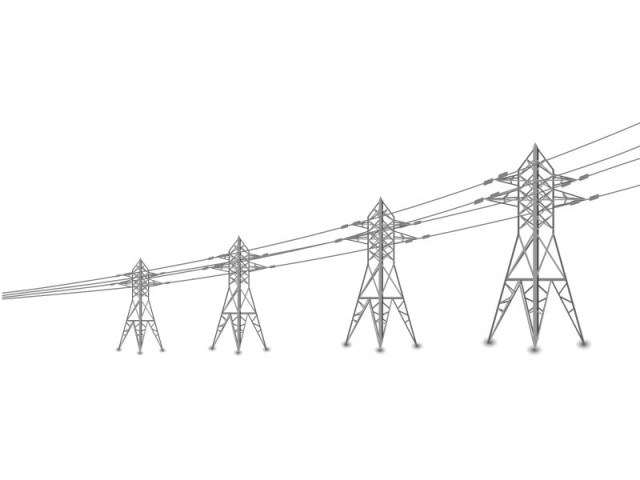Energy crisis: Govt mulling drastic changes to power tariff structure
Electricity subsidies hit about Rs350 billion this year, well above target.

Energy crisis: Govt mulling drastic changes to power tariff structure
For the second year in a row, the government will miss its plan to curb subsidy expenditure by a long shot: power subsidies are expected to reach Rs350 billion, about 138% higher than the budgeted Rs147 billion. The government will now try to phase out all subsidies except for the ‘lifeline’ consumers.
The startling admission of a failure to meet the budgetary targets on energy reform, along with the proposed solution to the problem, was laid out in a document sent by the Planning Commission to the water and power ministry, a document made available to The Express Tribune.
“The cost of supply is even higher than the two highest tariff slabs,” said one official source, adding that about half of all subsidies go to domestic electricity consumers.
Under the new tariff plan, the government will charge a uniform tariff throughout the country and all consumers – except those who use less than 50 kilowatt-hours a month (lifeline users) – will be charged the full cost of production of electricity. Lifeline users get only about 10% of the benefits of the subsidies, with the bulk of it flowing to the richest 40% of the country.
The ‘lifeline’ category may be revised to include all those who use less than 100 kWh per month, since more than half of the poorest households use between 50 and 100 kWh per month.
In addition, the government would also include a new category of industrial tariffs, where consumers would get guaranteed uninterrupted power supply in exchange for a 25% higher tariff.
The government will also try to incentivise the power companies to crack down on theft and unpaid bills by no longer allowing them to build in the cost of theft into their production costs. The only losses the government will still accept as part of the cost of production will be technical losses – those caused by the physics of power transmission through wires.
The government is constrained from raising power tariffs by charging a fuel adjustment surcharge because of a stay order issued by the courts. So the government is instead trying to raise base tariffs to cover the increased cost of power production as the country’s thermal power plants increasingly shift to the more expensive furnace oil owing to the natural gas shortage.
The government’s inability to pay the difference between the actual cost of production and what it charges consumers is one of the biggest reasons behind the circular debt problem in the energy sector, where companies now owe each other about Rs370 billion, causing nearly all of them to reduce production.
The documents reveal that the water and power ministry considers the court’s stay order to be a problem that has only exacerbated the amount of circular debt in the energy sector.
Every month, about Rs30 billion is added to the circular debt problem on account of the subsidies as well as other problems in the energy sector, such as inefficient bill collection, late payment surcharges to independent power producers, the inability to levy the fuel adjustment surcharge and theft.
Impact on the economy
While the subsidies are unto themselves a drain on the government’s fiscal resources, the circular debt problem created by the subsidies are estimated to be slowing down the economic growth rate of the country by as much as 4% every year, owing to the long power outages that cause many businesses to cut back production and raise costs of doing business.
The water and power ministry estimates that about 10% of the country’s workforce has either been laid off or is unemployed due to the power crisis.
Published in The Express Tribune, January 13th, 2012.



















COMMENTS
Comments are moderated and generally will be posted if they are on-topic and not abusive.
For more information, please see our Comments FAQ